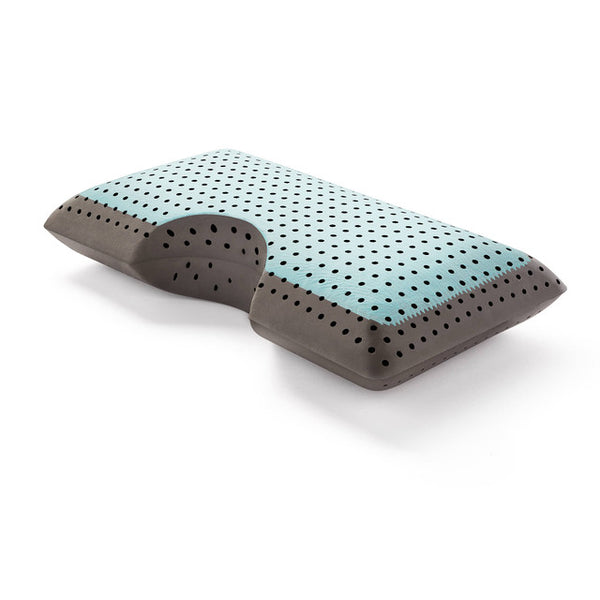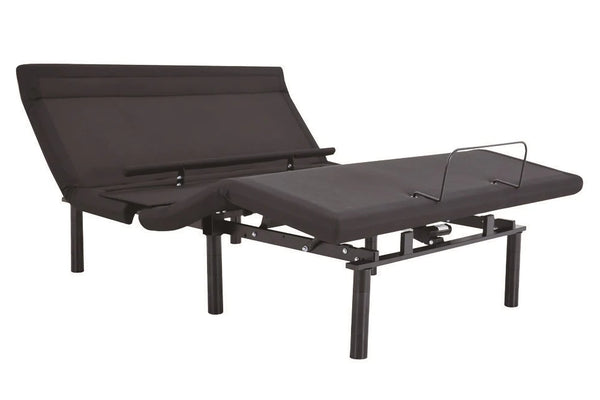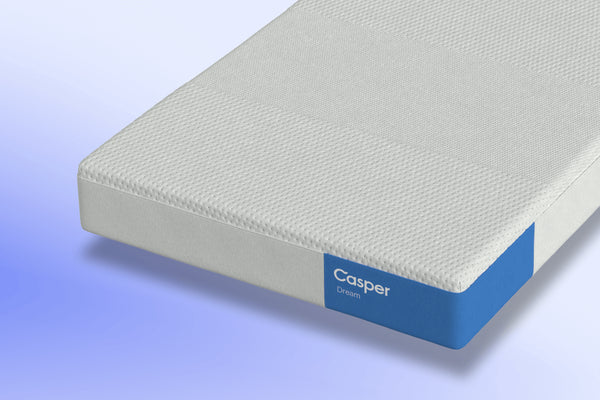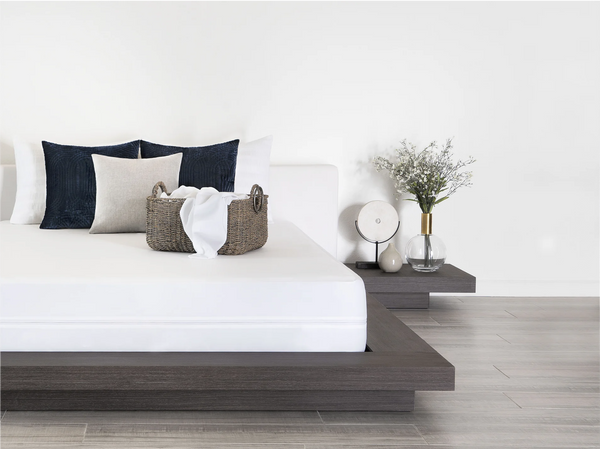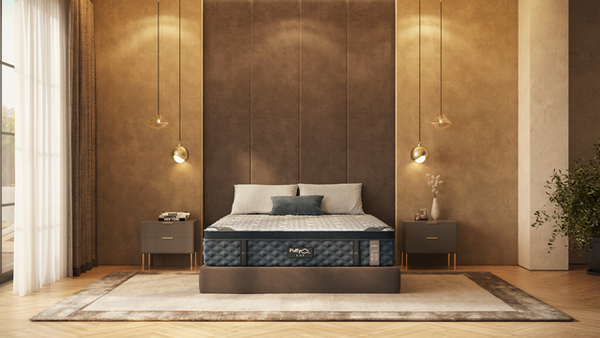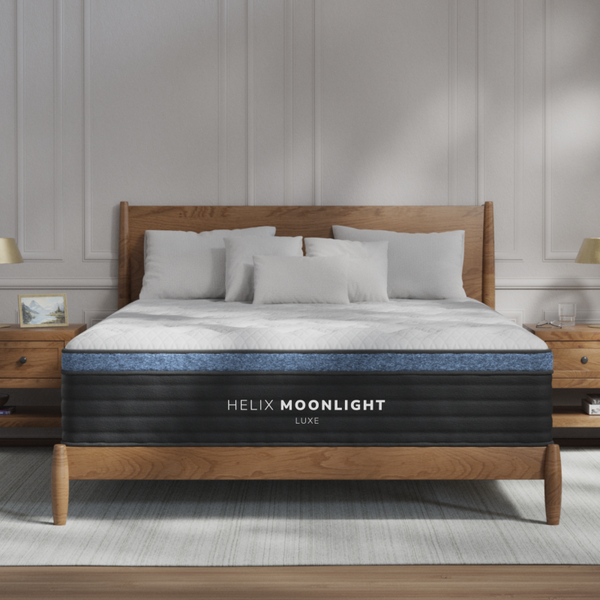
Frequently Asked Questions
1. What are sleep disorders?
2. What are some common types of sleep disorders?
3. How can sleep disorders impact health?
4. What role does a mattress play in sleep quality?
In today's fast-paced world, sleep disorders have become a common concern for many individuals. From insomnia to sleep apnea, these conditions can affect not only our health but also our overall quality of life. In this article, we'll delve into the various types of sleep disorders, their symptoms, causes, and most importantly, the connection between these disorders and your mattress choice. Understanding this relationship can lead to better sleep hygiene and a more restful night.
What Are Sleep Disorders?
Sleep disorders are medical conditions that disrupt your normal sleep patterns. They can lead to difficulties in falling asleep, staying asleep, or experiencing restorative sleep. These problems can stem from various factors, including stress, lifestyle choices, and even the environment, including the quality of your mattress.
Common Types of Sleep Disorders
Understanding the common types of sleep disorders can help you identify symptoms and seek appropriate treatment. Here are some of the most prevalent sleep disorders:
- Insomnia: A condition characterized by difficulty falling asleep or staying asleep. Insomnia can be transient, acute, or chronic.
- Sleep Apnea: This serious disorder involves breathing interruptions during sleep, often linked to snoring and fatigue during the day.
- Restless Legs Syndrome (RLS): An overwhelming urge to move the legs, often accompanied by uncomfortable sensations that can interfere with sleep.
- Narcolepsy: A neurological disorder that affects the brain's ability to control sleep-wake cycles, leading to excessive daytime sleepiness.
- Parasomnias: These include abnormal behaviors during sleep, such as sleepwalking or night terrors.
The Impact of Sleep Disorders on Health
Sleep disorders can have far-reaching effects on physical and mental health. Chronic sleep deprivation can lead to a multitude of issues, including:
- Increased risk of cardiovascular diseases.
- Weight gain and obesity.
- Higher susceptibility to mental health disorders, such as anxiety and depression.
- Reduced immune function.
- Impaired cognitive function and memory issues.
The Role of Your Mattress in Sleep Quality
Your mattress plays a crucial role in determining the quality of your sleep. An inadequate mattress can exacerbate existing sleep disorders or lead to new issues. Here’s how:
- Support: A mattress that provides proper spinal alignment and support can alleviate discomfort, especially for individuals suffering from conditions like insomnia and RLS.
- Pressure Relief: A mattress that effectively distributes body weight can help reduce pressure points, thus minimizing tossing and turning throughout the night.
- Temperature Regulation: Some mattresses offer better breathability, which can help keep sleepers cool and comfortable, reducing disturbances in sleep.
Choosing the Right Mattress for Sleep Disorders
Know Your Sleep Position
Your sleeping position significantly influences the type of mattress that will best support your sleep. Here’s how different positions can affect your choice:
- Back Sleepers: Generally benefit from medium-firm mattresses that offer adequate lumbar support and spinal alignment.
- Side Sleepers: A softer mattress is often ideal, as it can cushion the shoulders and hips while keeping the spine aligned.
- Stomach Sleepers: A firmer mattress may help prevent the lower back from sagging and keep the spine in a neutral position.
Material Matters
The materials used in your mattress can significantly affect your comfort level and sleep quality. Here are some popular mattress materials and their benefits:
- Memory Foam: Known for its contouring capabilities, memory foam can relieve pressure points and provide exceptional support, ideal for individuals with chronic pain or sleep disorders.
- Latex: Natural latex mattresses are highly breathable and provide excellent support, making them suitable for those seeking comfort without compromising on sturdiness.
- Innerspring: Traditional innerspring mattresses offer good support and bounce, but may lack the pressure relief that some sleepers need.
Recognizing Personal Preferences
Every individual has different sleep preferences, and understanding yours is vital in selecting the right mattress. Consider the following factors:
- Firmness Level: Preferences for firmness can vary widely. Some people require a softer mattress for pressure relief, while others may need a firmer option for more support.
- Sleep Temperature: Consider your body’s temperature regulation during sleep. If you tend to sleep hot, opt for a mattress with cooling properties.
- Motion Isolation: For couples, a mattress that minimizes motion transfer can help prevent disturbances from a partner’s movements during the night.
Understanding the Return Policy
When purchasing a mattress, it’s also essential to understand the retailer’s return policy. Many companies offer trial periods so you can test your mattress at home. This is particularly important for individuals with sleep disorders, as it may take time to determine if a mattress meets your needs.
Creating a Sleep-Friendly Environment
Your mattress isn’t the only factor influencing your sleep quality. The environment in which you sleep also plays a crucial role. Here are some key aspects to consider:
- Lighting: A dark room promotes melatonin production, which helps regulate your sleep-wake cycle. Use blackout curtains or eye masks if necessary.
- Noise Levels: Consider using white noise machines or earplugs to block out disruptive sounds that can interrupt your sleep.
- Temperature: Most people sleep best in a cool environment, so adjust your room temperature to find the sweet spot for restful sleep.
Practical Tips for Better Sleep Hygiene
Alongside choosing the right mattress, implementing good sleep hygiene practices can immensely improve your sleep quality. Here are practical tips to help you get started:
- Establish a Consistent Sleep Schedule: Go to bed and wake up at the same time every day to regulate your internal clock.
- Create a Relaxing Bedtime Routine: Engaging in relaxing activities before bed, such as reading or practicing meditation, can signal to your body that it’s time to wind down.
- Limit Screen Time: Reduce exposure to screens from smartphones or TVs at least an hour before bed to allow your eyes to relax.
- Mind Your Caffeine and Alcohol Intake: Limit caffeine and alcohol consumption close to bedtime as they can disrupt your sleep.
Reaching Out for Help
If you suspect that you’re experiencing a sleep disorder, it’s essential to consult a healthcare professional. They can provide an accurate diagnosis and recommend appropriate treatments. This could include lifestyle changes, cognitive-behavioral therapy, or even medical interventions, depending on the severity of the disorder.
Listening to Your Body
Your health and well-being matter. If you find that your mattress is not supporting you or you’re not getting the quality sleep you need, don’t hesitate to explore your options. Investing in a mattress that caters to your sleep needs could be one of the best decisions for your overall health.
A Journey Toward Restful Nights
Understanding sleep disorders and the role your mattress plays in attaining quality sleep is vital for your well-being. By choosing the right mattress, fostering good sleep hygiene, and creating a conducive sleep environment, you can pave the way for rejuvenating nights and healthier days ahead. Don’t overlook the correlation between a restful night’s sleep and a well-chosen mattress—your body will thank you for it!
Take a moment to explore another user's Shopify or Wix store. Visit their store through this link. Please be aware that this is a promotional link, and we cannot be held responsible for the content of the linked store.




